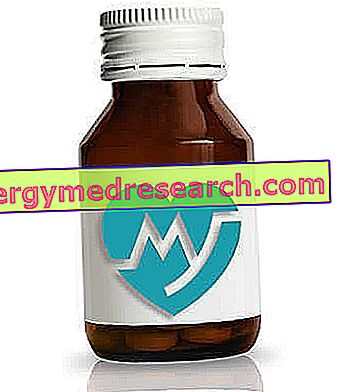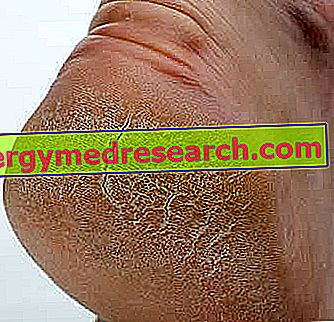
What is Revolade?
Revolade is a medicine that contains eltrombopag as the active ingredient and is available as round tablets (25 mg white, 50 mg brown).
What is Revolade used for?
Revolade is used in adults with chronic immune thrombocytopenic purpura (PTI), a disease in which the patient's immune system destroys platelets (components of the blood that allow it to clot). Patients with ITP have low platelet counts and are at risk of bleeding.
Revolade is used in patients who have had their spleen removed and do not respond to medicines such as corticosteroids and immunoglobulins. It can also be considered for patients already treated for ITP but not suitable for removal of the spleen. The spleen is an organ involved in the destruction of platelets.
Because the number of patients with ITP is low, the disease is considered 'rare', and Revolade was designated an 'orphan medicine' (a medicine used in rare diseases) on 3 August 2007.
The medicine can only be obtained with a prescription.
How is Revolade used?
Treatment with Revolade should be supervised by a doctor experienced in treating blood disorders.
The recommended starting dose is 50 mg once a day; for patients originating in the Far East (Japan, China, Taiwan, Korea) it is instead of 25 mg once a day. Once treatment has started, the dose should be individually adjusted with the aim of keeping platelet levels high enough to prevent bleeding (ie at values above 50, 000 platelets / microliter). Do not exceed the daily dose of 75 mg. Before and after taking Revolade, for 4 hours, the patient cannot take antacids, milk-based products or mineral supplements. For more information, see the summary of product characteristics (included with EPAR).
How does Revolade work?
The active ingredient of Revolade, the eltrombopag, stimulates the production of platelets. In the body, a particular hormone, thrombopoietin, stimulates the production of platelets by binding to certain receptors in the bone marrow. The eltrombopag binds to the same receptors and stimulates them like thrombopoietin, increasing platelet production.
How has Revolade been studied?
The effects of Revolade were first tested in experimental models before being studied in humans.
Revolade was compared with placebo (a dummy treatment) in two main studies involving a total of 311 adults with chronic ITP. The patients had already been treated, however the treatments had not been effective or the disease had reappeared. At the beginning of the studies all patients exhibited platelet counts below 30 000 / microlitre. In the first study, the main efficacy parameter was the number of patients whose platelet count rose to at least 50, 000 / microlitre after six weeks. In the second study, the number of patients with platelet counts between 50 000 and 400 000 / microlitre was considered during the six months of treatment.
What benefit has Revolade shown during the studies?
Revolade was more effective than placebo in the treatment of patients with chronic ITP. In the first study, 59% of the patients who took Revolade (43 out of 73) had achieved a platelet count of at least 50 000 / microlitre after six weeks compared to 16% of patients treated with placebo (6 of 37). In the second study, patients who took Revolade were about eight times more likely than those taking placebo to achieve platelet counts between 50 000 and 400 000 / microlitre during the six months of treatment.
What are the risks associated with Revolade?
The most common side effect with Revolade (seen in more than 1 patient in 10) is headache. There is also the risk of liver problems and thromboembolic complications (problems related to blood clots in the blood vessels). It is also possible that bleeding problems reappear once the medicinal product is suspended. For the full list of all side effects reported with Revolade, see the Package Leaflet. Revolade should not be used in patients who may be hypersensitive (allergic) to the active substance or to any of the excipients. The medicine should be used with caution in patients with moderate to severe liver problems. For more information, see the summary of product characteristics.
Why has Revolade been approved?
The Committee for Medicinal Products for Human Use (CHMP) decided that Revolade's benefits are greater than its risks and recommended that it be given marketing authorization.
More information on Revolade
On 11 March 2010, the European Commission issued a marketing authorization for Revolade, valid throughout the European Union, to GlaxoSmithKline Trading Services Limited. The marketing authorization is valid for five years, after which it can be renewed.
For a summary of the opinion of the Committee for Orphan Medicinal Products on Revolade click here.
The full EPAR for Revolade can be found here. For more information on Revolade therapy, read the package leaflet (also part of the EPAR).
Last update of this summary: 01-2010.



